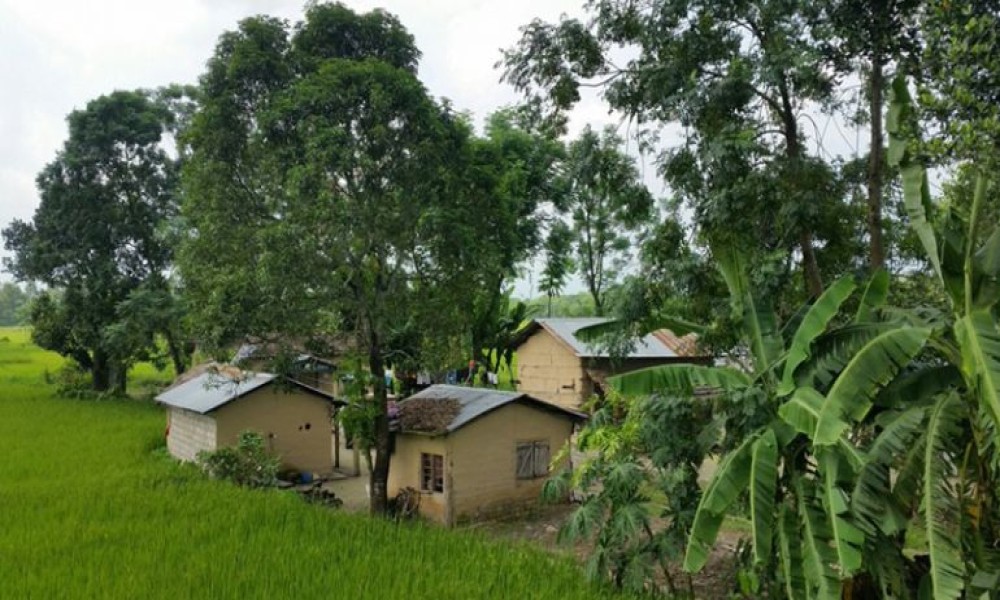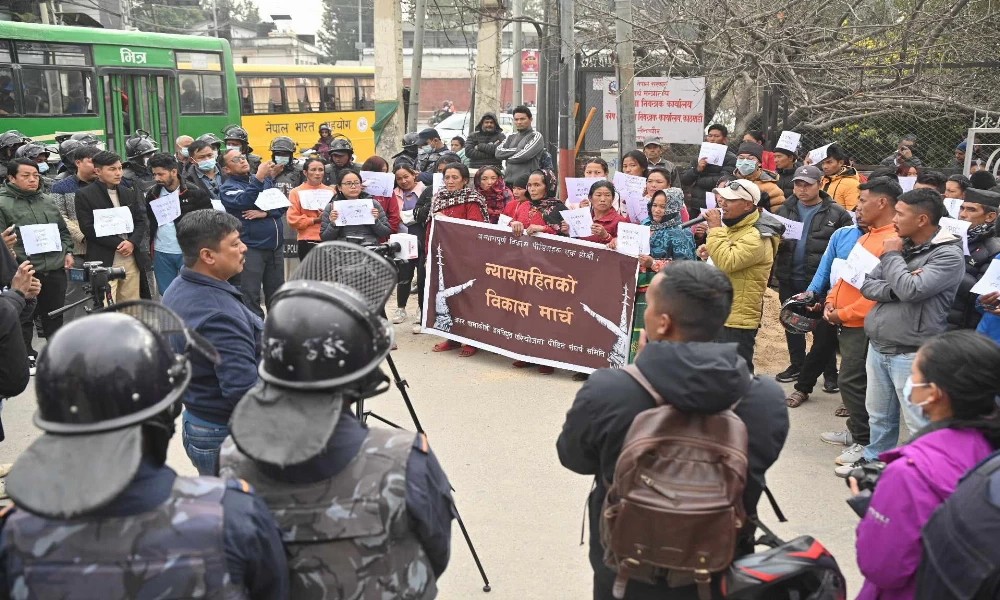MALINA SUBBA
If you ask anyone living in today's world to think of the biggest threat to their livelihood, they would probably single out the coronavirus. To be sure, the COVID-19 is not only claiming human lives, but is also making it difficult for poor people to survive.
But Nepal's marginalized indigenous communities say they have a bigger threat to worry about: deprivation of livelihood.
In Nepal, the State has been introducing a slew of laws and guidelines restricting Indigenous Peoples' access to natural resources in disregard of international conventions and treaties, depriving marginalized groups of their livelihood options.
Indigenous Peoples in Nepal say that they might cope with the COVID-19 pandemic, but surviving the restrictive laws and guidelines aimed at tightening the State's control over natural resources is far more difficult.
They say they might cope with the COVID-19 pandemic, but surviving these restrictive laws and guidelines aimed at tightening the State's control over natural resources is far more difficult.
Nepal Bote Society's President Gyan Bahadur Bote says: "The COVID-19 pandemic has not impacted us much because we are not really connected with the global economy, but the laws that prevent us from using forest and water resources have immensely impacted our lives."
Bote is one of Nepal's highly marginalized Indigenous Peoples, who have been traditionally making a living by rowing boats in in the rivers. They need forest resources to make boats, but most jungles are now parts of the highly-guarded national parks where they cannot enter. They have also been depending on river resources, mainly the fish. But they can no longer fish in the rivers.
Bote people say all their livelihood options are at risk because they can not uses forest and river resources. Many Bote people have been arrested, beaten and humiliated by the army for entering into the national parks.
Bote people say all their livelihood options are at risk because they can not uses forest and river resources. Many Bote people have been arrested, beaten and humiliated by the army for entering into the national parks.
Like Bote people, indigenous Raji community is also struggling to survive due to the State's restrictive laws. Raji people have been traditionally making a living by rowing boats and harvesting honey off the cliffs in the jungle. But they find it difficult to collect fish and honey these days.
After the country went into a nationwide lockdown on 24 March, it has been even more difficult for Bote and Raji people to use forest and water resources. Raji Solma Society's President Chitra Bahadur Raji says the local administration seems to have been more tough in barring Raji people from fishing in the rivers during the lockdown.
Raji says: "People are being infected with the coronavirus. But we are being infected with the government. We are not just losing our livelihood, but we are losing our cultural identity, too."









